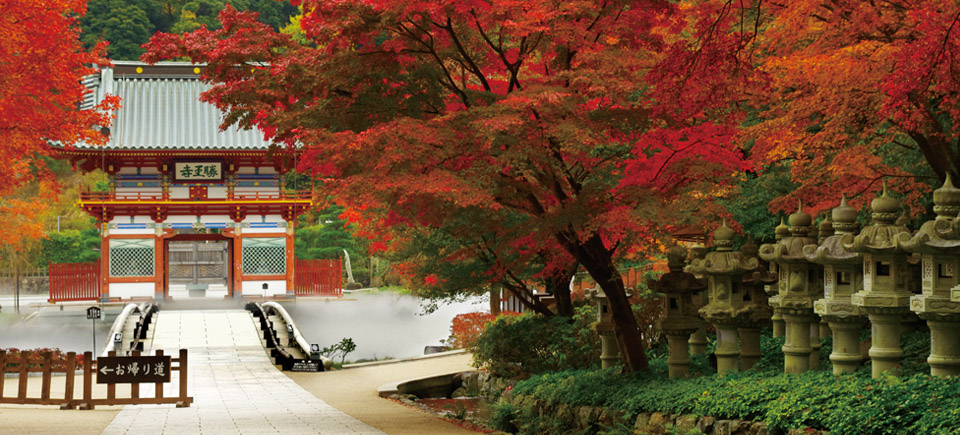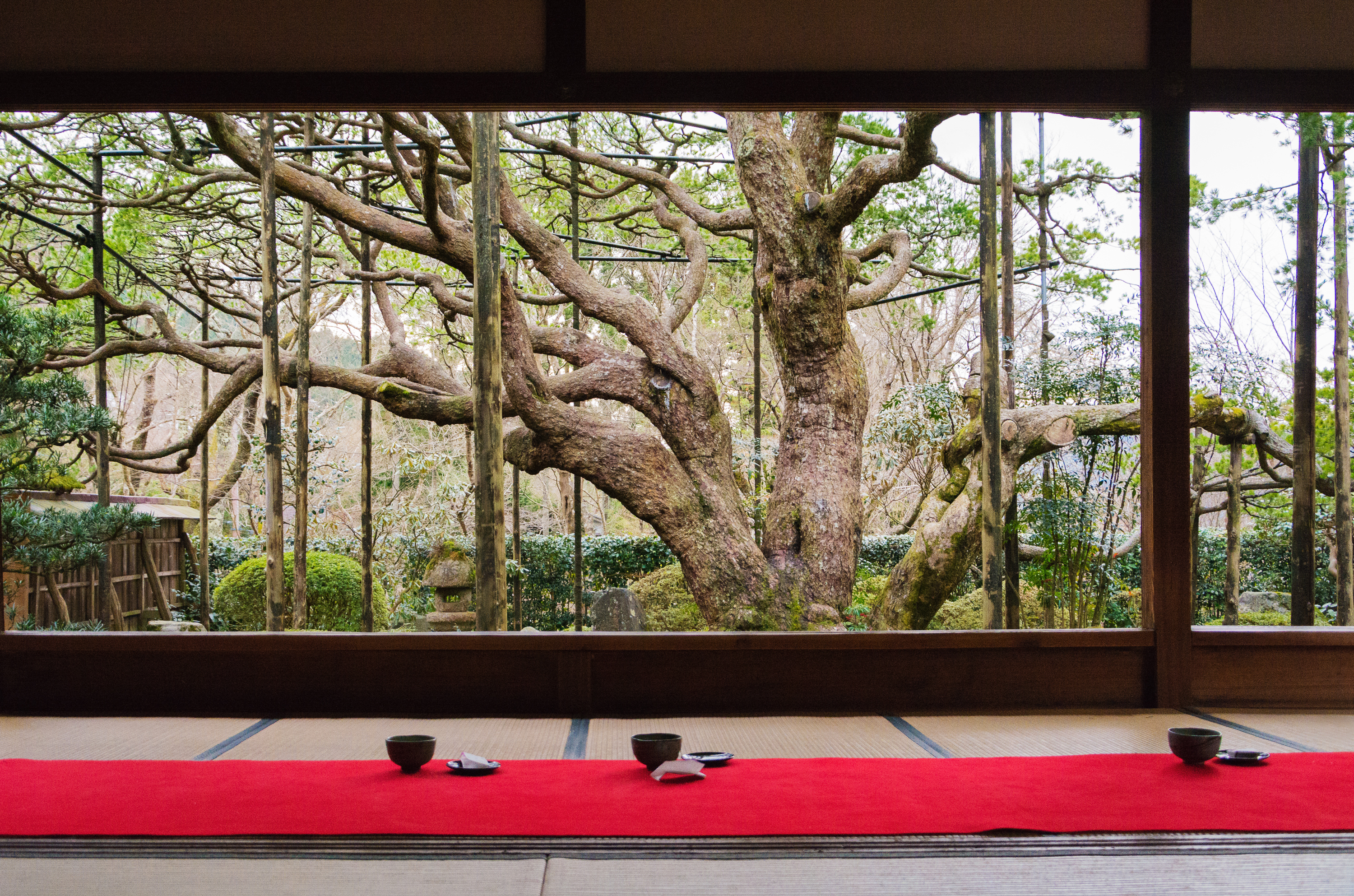News
Advice Column
Your questions and concerns about living in Kansai answered by our experts
Q. I’m worried about the upcoming cold and flu season. Do you have any advice?
A. Although the best way to prevent the flu is to get the flu vaccine, it is not always perfect and sometimes people still catch it. The flu is different from a cold. It typically comes on suddenly. People who have the flu often exhibit some or all of the following symptoms: • chills or high fever • a cough • a sore throat • a runny or stuffy nose • muscle or body aches • headaches • fatigue • vomiting and diarrhea (often in children) Most people who get influenza will recover in few days but some people will develop complications. Pneumonia, bronchitis, and sinus and ear infections are examples. Severe symptoms include seizure and respiratory failure.
Q. What should I do if I get sick?
A. You should stay home and avoid contact with other people, except to get medical care. Keep yourself well hydrated with electrolyte fluids such as OS-1, Pocari Sweat, Aquarius, etc. Fever-reducing medicine such as Tylenol® can be helpful. Your doctor may prescribe antiviral drugs that can treat the flu.
Q. How long should I stay home if I’m sick?
A. CDC recommends that you stay home for at least 24 hours after your fever is gone except to get medical care or other necessities. Your fever should be gone without the use of any fever-reducing medicine. You should stay home from work, school, shopping areas, and any public gatherings.
Q. When can children go back to school?
A. In Japan, children with the flu are not allowed to attend their school for minimum of five days since the onset of symptoms. In addition, they must be without a fever for at least 48 hours. These requirements are set by the government to prevent children from spreading the influenza within the school community.
More Information: cdc.gov/flu
Dr. Adachi is a Physician/Pediatrician at Kobe Kaisei Hospital, and the Post Medical Advisor for U.S. Consulate General Osaka-Kobe, Japan.











